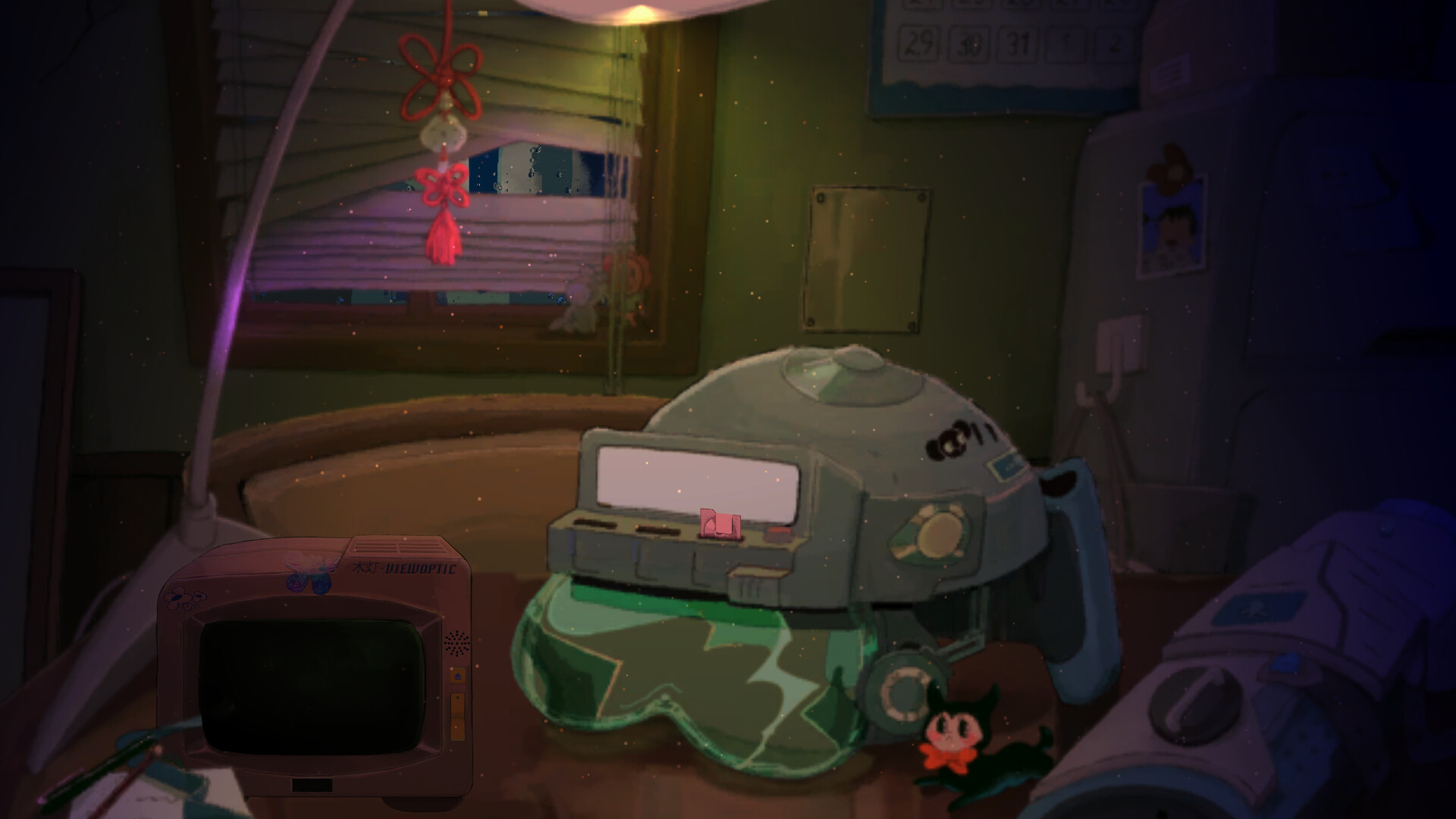
Another Code Recollection Review - Full Of Mysteries
I’ll admit upfront: I missed Another Code (known in North America as Trace Memory) when it first came out on Nintendo DS. Despite voraciously consuming other DS adventure games like Phoenix Wright, Ghost Trick, 999, and original Another Code developer Cing’s other title, Hotel Dusk, Another Code just slipped by me. And with the sequel, Another Code R, being a European Wii exclusive, catching up there wasn’t easy to do. So when Nintendo announced remakes of the two Another Code games for Switch, I was eager to correct those wrongs and see what the now-sadly-defunct Cing had put together. To my surprise, Recollection is fundamentally different from the originals in a number of ways–all-new visuals and updated puzzles, for example–and these quality of life improvements helped me appreciate the original game’s supernatural mysteries.
Another Code Recollection puts you in the role of Ashley, a young girl who tragically lost her mother at a very young age. Haunted by disturbing memories she can’t fully recall, Ashley receives an invite to a secluded island to meet with her long-absent father, and a strange-looking portable device called the DAS. On the island, she finds a well-preserved old mansion and a very unusual friend who also shares her lack of memory… but no dad. In the second part of the game, an older Ashley is invited to Lake Juliet for a camping trip that immediately goes south when her bag is pilfered. In the quest to get back her stuff, Ashley discovers the truths and tragedies of a conspiracy in the background of this placid lake.
Ashley is a sympathetic character whose teenage angst over her absent parents is understandable. A lot of fictional teens can come off as obnoxious and self-centered, but Ashley’s complex feelings towards her absentee father are very relatable, as is her lingering trauma from the loss of her mother, and seeing her confront these issues over the course of the game and grow from them makes for great character development. The amount of characterization and background of the supporting cast varies by how big their role in the story is–D, your ethereal friend in part 1, gets significantly more background and development than most of part 2’s cast–but nobody comes off as particularly badly handled.






